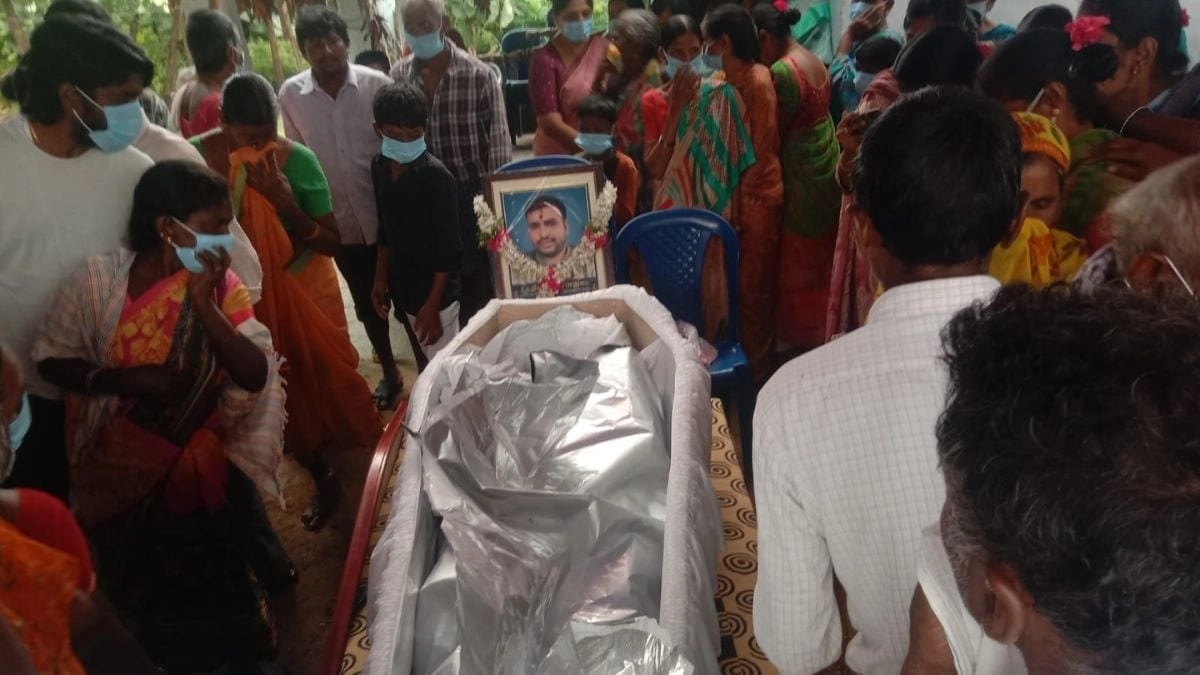In a tragic incident that has captured significant media attention, a man in Bengaluru has died by suicide, leaving behind a note that attributes his decision to the actions of the Congress party. This heartbreaking event has raised questions about the broader socio-political context in which such personal tragedies occur. The note reportedly expresses deep frustration and despair, suggesting that the individual felt overwhelmed by circumstances he believed were influenced by the political landscape. This incident not only underscores the importance of mental health awareness but also highlights the potential impact of political decisions on the well-being of individuals.
The suicide note, which has been made public, reveals a narrative of disillusionment and hopelessness. It suggests that the deceased felt that the political environment had severely affected his life, leading him to a point where he saw no other option. This situation draws attention to the mental health crises that can be exacerbated by external factors, including economic instability, unemployment, and the pressures of political governance. Such tragedies often serve as a wake-up call for society to address the underlying issues that lead individuals to feel isolated and desperate.
Mental health advocates have emphasized the need for greater support systems, particularly in times of political and economic uncertainty. This incident serves as a poignant reminder of the importance of fostering open conversations about mental health and ensuring that individuals feel supported in their struggles. While the political climate can have far-reaching effects, it is essential for communities to come together to offer help and resources to those in need. The tragic loss of this individual should prompt discussions on how to better support mental health initiatives and create a more compassionate society.
In conclusion, the suicide of the Bengaluru man is a somber reflection of the intersection between personal despair and political circumstances. It calls for a collective responsibility to address mental health issues and the societal factors that contribute to such tragedies. As the community mourns this loss, there is an urgent need for empathy, understanding, and proactive measures to prevent similar incidents in the future. The implications of political decisions extend beyond policy-making; they can profoundly affect the lives of individuals, making it crucial to prioritize mental health and well-being in any political discourse.




